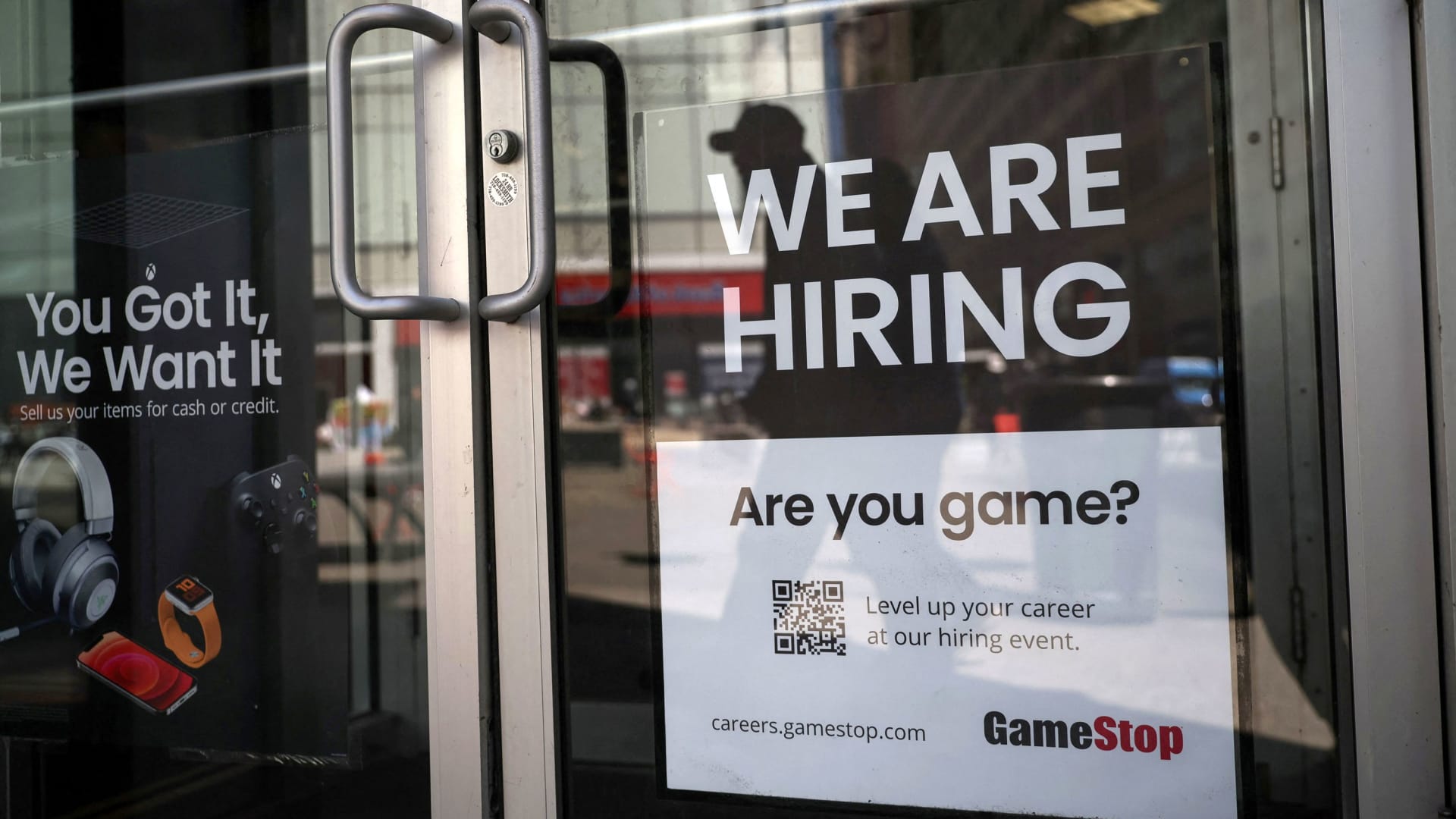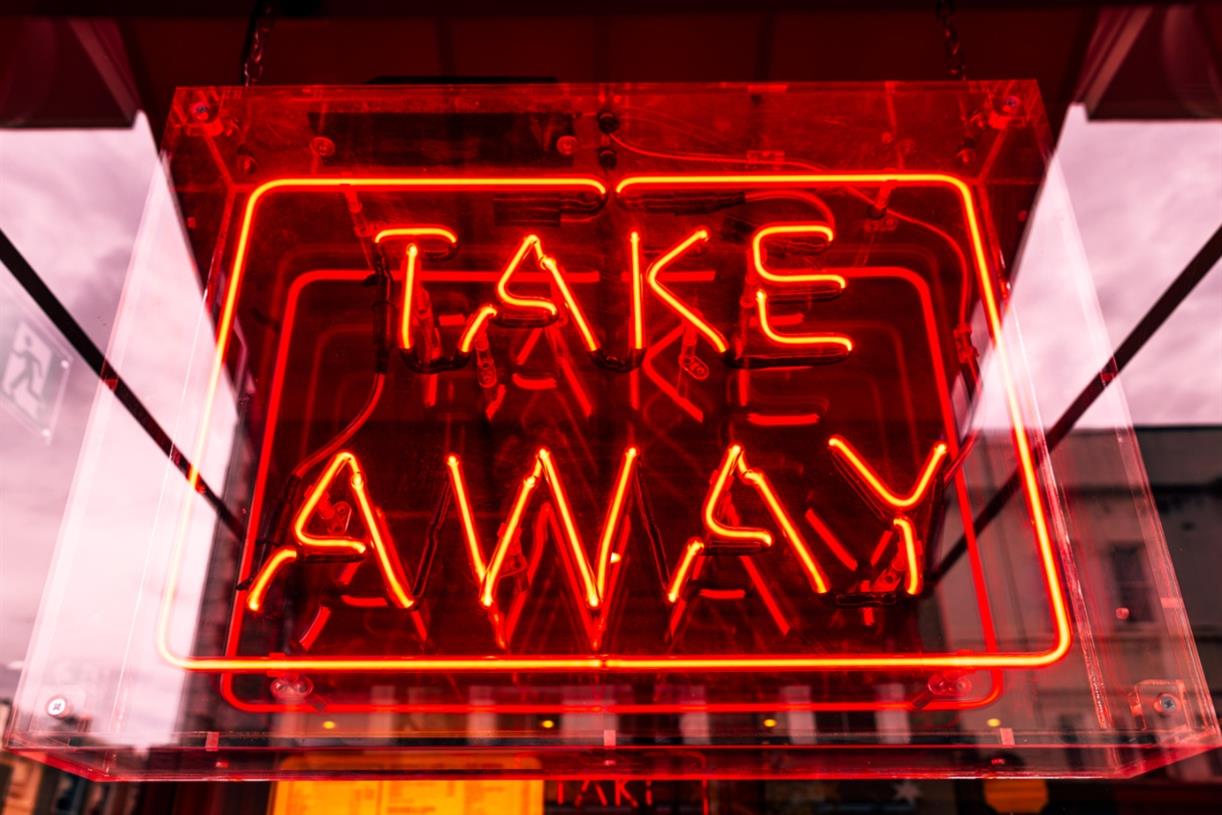Many who lost jobs during pandemic would return for the right pay and position, CNBC survey finds
Returning the labor force participation rate to where it was before the Covid pandemic is critical for the economy right now.

In a potentially good sign for the economy, the CNBC All-America Workforce Survey finds many Americans who retired or became unemployed during the Covid pandemic would consider coming back to work, but they are looking for the right pay and the right job.
The online poll of 2,000 Americans nationwide looked at how the pandemic has changed the work and lives of 1,200 employed Americans and 450 retirees and 400 unemployed workers who left the workforce during the pandemic.
It found that 94% of those who say they are unemployed and 68% of retirees would consider a job. The unemployed cite pay and flexible hours and work-life balance as the top criteria for the right job, followed by a job they feel they are qualified for and company benefits.
For those who retired during the pandemic, flexible hours are the most important criteria, followed by pay and work-life balance. Most retirees said they would prefer to come back part time.
CNBC All-America Workforce Survey
The question of whether those who dropped out would return to work is critical to the outlook for the economy. The labor force participation rate, or the percentage of the population that is available to work, stands at 62.3%, having rebounded from its pandemic lows, but remaining 1.1 percentage points below where it was before the crisis. Returning the participation rate to the prior level would bring another 1.8 million workers into the labor force who could help alleviate a nationwide worker shortage that threatens higher inflation by driving up wages and prices.
Early retirement during pandemic
The survey confirms government data that many retirees accelerated their departure, with 62% of retirees saying they left earlier than planned. In fact, 67% said they left at least two years early. A significant percentage made that call after being laid off.
CNBC All-America Workforce Survey
A California woman wrote in: "I was working part time and my employer laid me off due to pandemic and restructuring. I would have worked part time longer if that option was available."
A New Jersey respondent said: "During the pandemic, my job changed from partial remote to full time remote. The office I was working at never re-opened during the time I was still employed. I reached full retirement age around the same time that my contract job ended and decided to retire."
Among early retirees, a third said they did so because of health reasons and almost another third because of Covid concerns. About 20% said they just didn't want to work any longer and 12% cited care for a family member.
"I was working part-time at a Christian preschool when my husband contracted Covid. He was sick for several months and needed care and they could not hold my job for me, so I had to quit," wrote an Ohio retiree.
The new poll, part of CNBC's All-America Economic Survey, also showed that unemployment benefits paid during the pandemic had positive and negative effects on workers and the workforce. Among the employed, 55% reported that the benefits allowed them to stay out of work longer than they otherwise would have, and that was true for 50% of both retirees and the currently unemployed. Now, about a third of the unemployed say the benefits allow them to remain out of work.
For those currently employed, large percentages said they used the benefits to spend more time finding the right job and paying down their debts. Sixty-nine percent of parents said it helped them pay for child care during the pandemic.
Meanwhile, about 40% of those who received benefits say they have some left over, and either saved or invested it, a potential positive sign for consumer spending in the months ahead.

 Astrong
Astrong 































